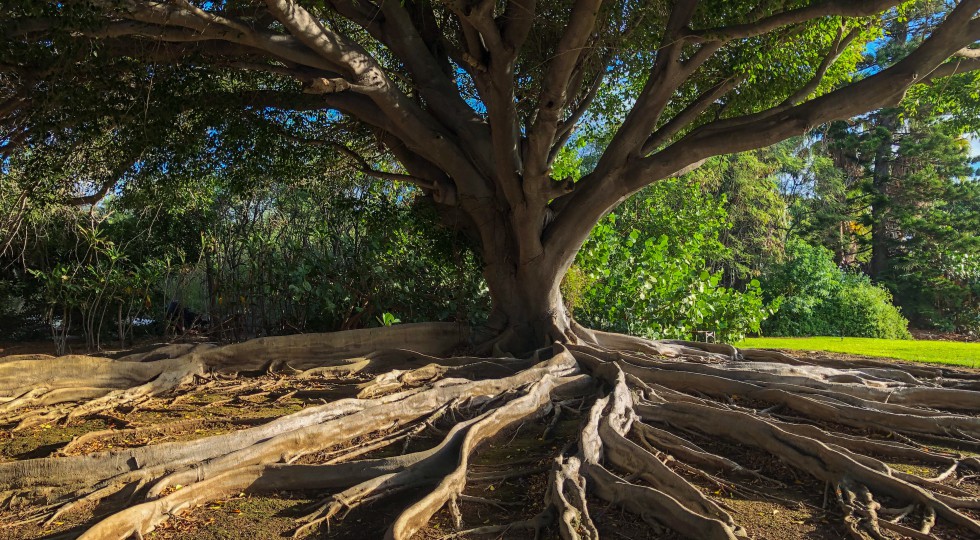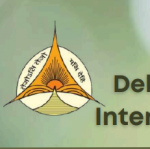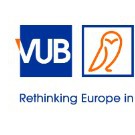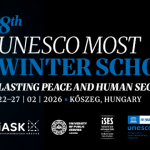UNU-CRIS contributes to the Global Capacity Needs Assessment for the UN Decade on Ecosystem Restoration

This article contains information published by UNU and FAO.
On 25 November 2021, United Nations University (UNU) joined the UN Decade on Ecosystem Restoration in an effort led by the UNU Institute for the Advanced Study of Sustainability. UNU has come on board as a collaborating agency and new member of the Best Practices Task Force.
The partnership adds to a global movement to restore global ecosystems for the benefit of people and nature. Led by the the UN Environment Programme (UNEP) and the Food and Agriculture Organization of the United Nations (FAO) the decade will span from 2021–2030. The decade complements the SDGs and equips communities with the tools to prevent, halt, and reverse the degradation of ecosystems by creating a platform through which sustainable practices and research can be shared worldwide.
To support the implementation of the Decade, a FAO-led Task Force on Best Practices was established. This Task Force focuses on shaping the knowledge component of the UN Decade, including capacity development efforts and capitalisation as well as sharing and dissemination of good practices for restoration in all ecosystems. A strategic document was recently launched by this Task Force to support nations in the implementation of of the UN Decade of Ecosystems Restoration.
The task force conducted a global capacity needs assessment through the wide dissemination of an online survey to identify the “system-wide capacities” for enabling and empowering people, strengthening organizations, networks and partnerships, and fostering the enabling environment in order to achieve the goals of the Decade and sustain its efforts beyond 2030. The results of this assessment, which collected and analysed 1331 responses, will help define, accelerate and upscale key knowledge products and capacity development initiatives of the Decade. Furthermore, at the regional level, collective discussions will be promoted to internalise and translate findings into action plans.
The global online survey was developed in close alignment with the strategy of the UN Decade, and involved important efforts and particular contributions from seven member organisations of the Task Force on Best Practices: Forestoration International, the World Resources Institute (WRI), the Global Landscapes Forum (GLF), the United Nations University Institute on Comparative Regional Integration Studies (UNU-CRIS), the United Nations Educational, Scientific and Cultural Organization (UNESCO), the World Overview of Conservation Approaches and Technologies (WOCAT) and FAO.
Read the report here:




